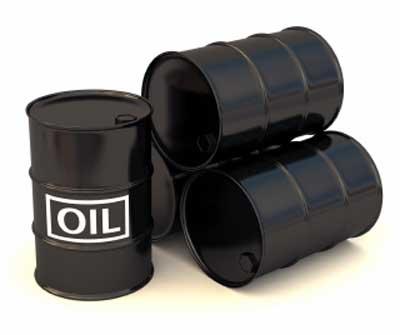
Nigeria's oil revenue is under pressure following a sharp decline in global oil prices, dropping below $60 per barrel — levels last seen during the height of the COVID-19 pandemic downturn.
At 12:30 PM WAT on Wednesday, Brent crude, the global oil benchmark, fell by 5.09% to $59.62 per barrel, while U.S. West Texas Intermediate slid by 5.54% to $56.28 per barrel.
The drop is partly attributed to China’s decision to raise tariffs on U.S. goods to 84% from 34%, effective April 10, in retaliation to President Donald Trump’s imposition of 104% tariffs on Chinese imports. However, prices rebounded to $65.13 per barrel on Thursday morning following Trump's move to pause retaliatory tariffs and reduce them to 10%.
The tariff dispute is also affecting natural gas markets, as several retaliatory tariffs target key Southeast Asian economies. This has amplified concerns for Nigeria, which earns about 90% of its foreign exchange from oil exports—making any drop in prices a significant blow to national income.
Compounding the situation is Nigeria’s 2025 national budget of $37 billion, which was predicated on an oil price benchmark of $75 per barrel and carries an $8 billion deficit.
Efforts by past Nigerian administrations to diversify the economy and reduce dependence on oil have yielded limited success. With current global trade tensions, there is renewed urgency for Nigeria to strengthen its quality control and traceability standards to gain broader access to international markets.
Finance Minister Wale Edun, speaking at an event hosted by the Ministry of Finance Incorporated, said the government is focused on boosting non-oil revenue to cushion the impact of recent tariffs and oil market shocks. He confirmed that the Economic Management Team (EMT) will convene to evaluate the implications of a 14% tariff on Nigerian exports to the U.S., introduced by the Trump administration.
Edun also emphasized that recommendations will be made to mitigate the impact on the nation’s economy, while efforts are underway to ramp up oil production, which fell to 1.46 million barrels per day in February—below Nigeria's OPEC quota of 1.5 million bpd.








